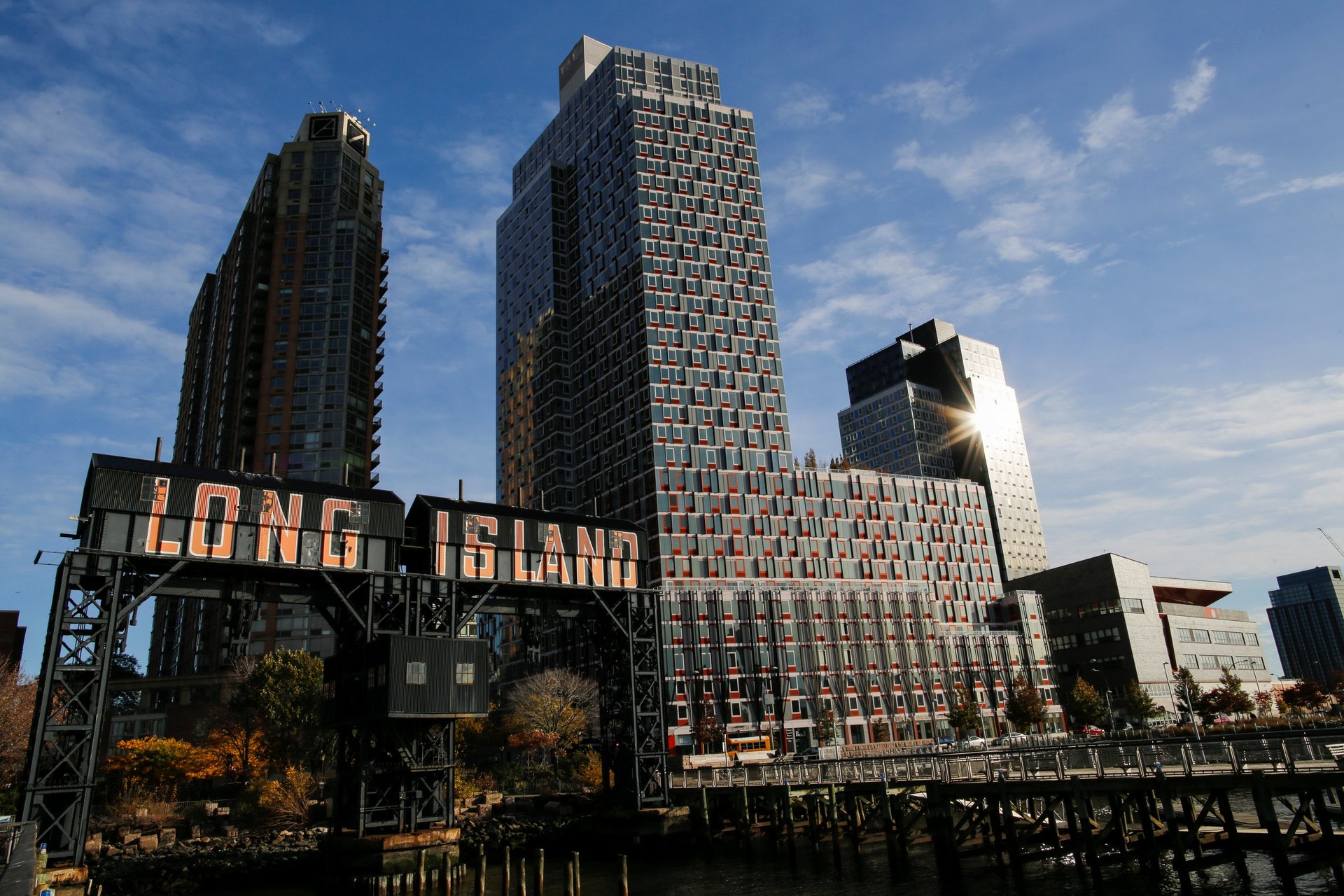Amazon’s HQ2 search exposes the US talent problem
For the last year, the American public was subjected to a drawn-out game show. At stake was economic prosperity, and the winner would become the new home of Amazon’s second headquarters, dubbed HQ2.


For the last year, the American public was subjected to a drawn-out game show. At stake was economic prosperity, and the winner would become the new home of Amazon’s second headquarters, dubbed HQ2.
Hosting HQ2 would mean your community was an integral part of the new tech economy. This is the same economy that had enriched a few and left many others behind. This is precisely why the game was rigged from the start: The only cities that could possibly win were the ones who did not need it.
The announcement this week was doubly disappointing. First it was not one but two winners–New York and Northern Virginia (metro Washington DC). Two winners feel like a cheat to our competitive mindset (though arguably 25,000 jobs in two cities is better than 50,000 in one for the US economy ). But the real disappointment was the rich won once again, and so it changed our view of Amazon. A process that once seemed like a gift of economic development was instantly recast as crony-capitalism. A company bringing good jobs to overlooked cities, became one worsening income inequality and gentrification.
The Amazon contest turned out to be a grim reminder of what’s wrong the American economy and how hard it will be to fix it. Certain regions and classes of workers benefit from growth more than others. Historically, prosperity flowed to most regions. But over the last forty years income convergence—the process in which poorer areas catch up with rich ones—stalled. Large, prosperous, mostly coastal, cities thrived while smaller cities struggled. In 2016, 35% of 25- to 54-year-old men in Flint, Michigan did not have a job, only 5% didn’t in Alexandria, Virginia. The geographic and economic divide is a big source of current political divisions.
Amazon reminded us it won’t get better anytime soon. The economic divide results from a vicious cycle. The sort of people Amazon wants to hire are part of what Richard Florida calls the Creative Class. Smart, educated, and talented, they like to be together in large, thriving cities. Maintaining their economic edge requires them to form networks that improve their skills and the quality of their work, while giving them the ability to change jobs if they want. Florida argues it creates winner-take-all regional economies, where certain regions grow and prosper and others languish in poverty because they struggle to attract talent.
Cities all over the country competed for Amazon. But Amazon ultimately chose New York and Virginia because its executives claim they need to be where skilled workers want to be. General Electric says it left Fairfield, Connecticut for Boston in 2016 in part because it struggled to entice young, talented graduates to move to Connecticut.
Perhaps Amazon is a compelling enough an employer that it could have chosen a smaller city like Indianapolis, Detroit or St. Louis. But it is a risk to be the first mover in a struggling community, when there are no guarantees you can attract top talent. Amazon would likely argue the sort of workers they want have other options. If their hiring competition is in New York or San Francisco, Amazon is at a disadvantage when it comes to recruiting if it’s not in those markets. This in spite of the fact that New York and Virginia have higher taxes (not as much after the subsidies), higher costs of land, and higher local wages.
The question is how to break the cycle? We can hope eventually the gains in desired cities will be shared nationally. Those desirable cities could get so expensive and tax-heavy that companies and workers will be more inclined to a take a risk on a smaller city. Or perhaps policy markers can speed the process along. Economists Benjamin Austin, Ed Glaeser and Larry Summer argue breaking the cycle requires more government intervention called “place-based policies.”
Most economic assistance helps individuals through food and housing vouchers based on economic need instead of where people live. Place-based policies, in contrast, involves richer cities directly sending more of their tax dollars to poorer regions. Economists have traditionally been skeptical of these kinds of policies because they concentrate poverty by keeping people dependent on subsidies and increase the cost of housing and services in low-income regions. Austin, Glaeser, and Summers argue for a smarter approach, tailoring policies to specific regions. They advocate well-targeted infrastructure projects, employment subsidies, and making benefits less income-dependent for workers in poorer regions. They also suggest using Pell-grants for technical training in community colleges.
Such programs have had mixed results in the past if they were not well designed and executed. But as the Amazon debacle shows, if we want to give cities like Detroit a fighting chance next time, it may be worth a try.